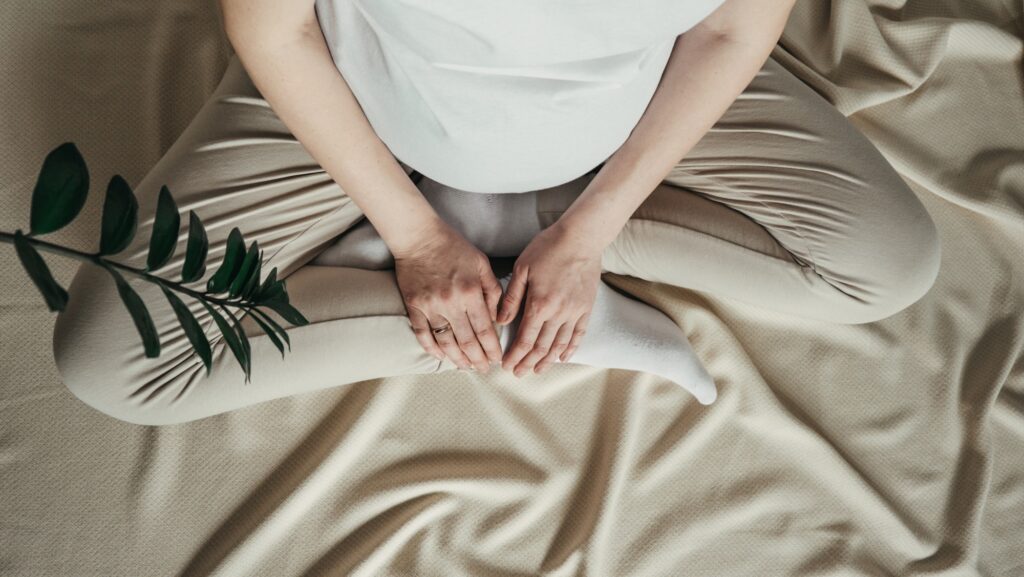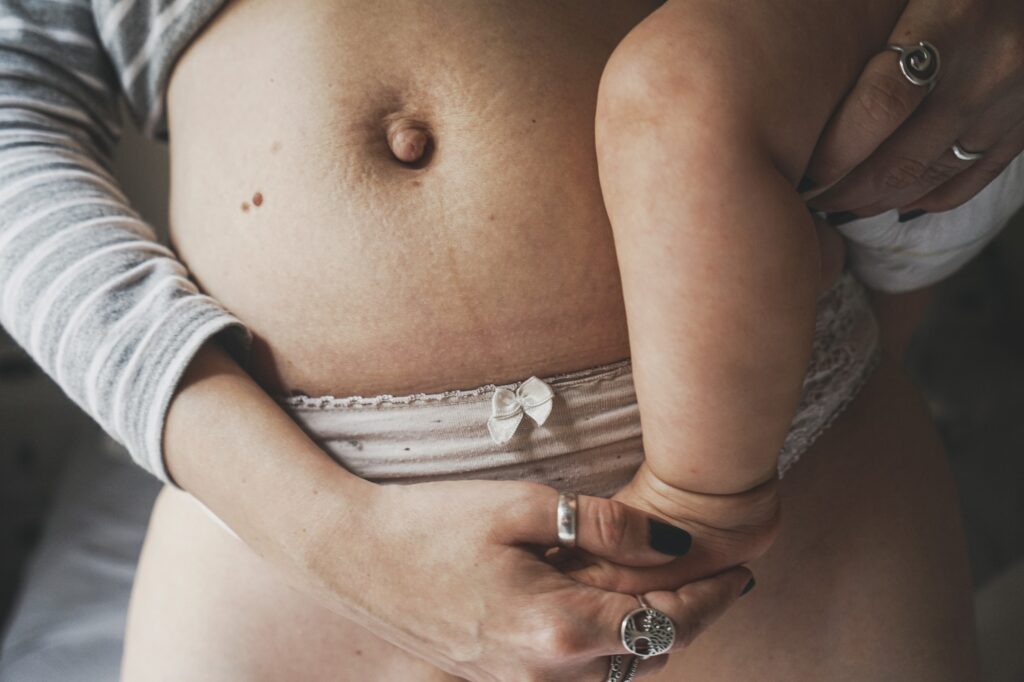Is your child often constipated?
Or, do they have skid marks on their underwear pretty frequently?
Maybe you’re growing concerned that they’re still having accidents well past potty training?
Like adults, children also suffer bladder and bowel issues. Pelvic floor dysfunction isn’t normal, but does affect 1 in 7 school-aged children. If not treated, issues like incontinence or recurring pelvic pain can worsen and affect them long-term.
Symptoms such as chronic constipation and bladder infections are worrisome and often frustrating for parents. At-home interventions with diet, exercises and adequate hydration are valuable, but if issues persist, more attention from a medical professional is necessary.
Fortunately, there are specialists available to address your child’s pelvic floor issues.
Most notably, the pelvic floor is at the center of the body with essential functions such as stability, mobility, and support for internal organs and posture. With interventions from a pelvic health physical therapist, you and your child can better understand the functions of the pelvic floor and develop a treatment plan to address symptoms. Early intervention is essential to a healthy foundation.
Below are 9 Signs Your Child May Benefit From Pediatric Pelvic Floor Physical Therapy:
- Incontinence. They are leaking urine involuntarily.
- Enuresis. They are still wetting the bed past the age of five consistently.
- Constipation. From voiding dysfunction to infrequent occurrences and hard, dry stools.
- Painful bowel movements.
- Any sort of pelvic pain. Pain in and around the pelvis.
- History of bladder infections.
- Skid marks. The inability to control stool resulting in stains…
- Lower back pain.
- Urinary frequency, going more than seemingly normal or the inability to feel empty.






